Good morning! Let’s play Connections, the NYT’s clever word game that challenges you to group answers in various categories. It can be tough, so read on if you need clues.
What should you do once you’ve finished? Why, play some more word games of course. I’ve also got daily Strands hints and answers and Quordle hints and answers articles if you need help for those too, while Marc’s Wordle today page covers the original viral word game.
SPOILER WARNING: Information about NYT Connections today is below, so don’t read on if you don’t want to know the answers.
NYT Connections today (game #592) – today’s words
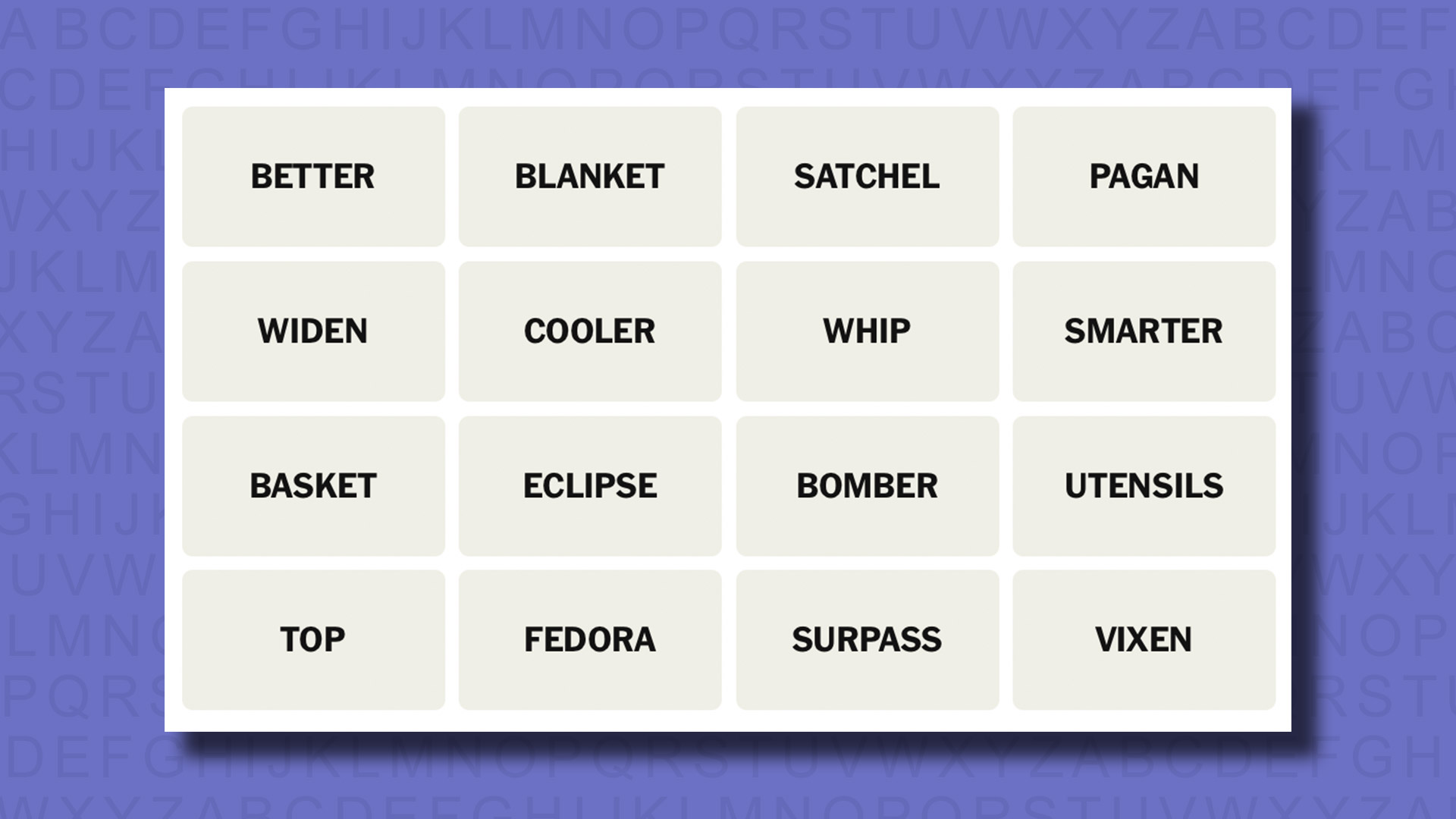
Today’s NYT Connections words are…
- BETTER
- BLANKET
- SATCHEL
- PAGAN
- WIDEN
- COOLER
- WHIP
- SMARTER
- BASKET
- ECLIPSE
- BOMBER
- UTENSILS
- ТОР
- FEDORA
- SURPASS
- VIXEN
NYT Connections today (game #592) – hint #1 – group hints
What are some clues for today’s NYT Connections groups?
- YELLOW: Superior output
- GREEN: Alfresco dining
- BLUE: As seen in the Temple of Doom
- PURPLE: Sounds like White House residents
Need more clues?
We’re firmly in spoiler territory now, but read on if you want to know what the four theme answers are for today’s NYT Connections puzzles…
NYT Connections today (game #592) – hint #2 – group answers
What are the answers for today’s NYT Connections groups?
- YELLOW: OUTDO
- GREEN: PICNIC ACCESSORIES
- BLUE: PARTS OF AN INDIANA JONES COSTUME
- PURPLE: RHYMES OF U.S. PRESIDENT NAMES
Right, the answers are below, so DO NOT SCROLL ANY FURTHER IF YOU DON’T WANT TO SEE THEM.
NYT Connections today (game #592) – the answers

The answers to today’s Connections, game #592, are…
- YELLOW: OUTDO BETTER, ECLIPSE, SURPASS, TOP
- GREEN: PICNIC ACCESSORIES BASKET, BLANKET, COOLER, UTENSILS
- BLUE: PARTS OF AN INDIANA JONES COSTUME BOMBER, FEDORA, SATCHEL, WHIP
- PURPLE: RHYMES OF U.S. PRESIDENT NAMES PAGAN, SMARTER, VIXEN, WIDEN
- My rating: Hard
- My score: 3 mistakes
Oh my gosh I found today’s Connections difficult.
Maybe if the RHYMES OF U.S. PRESIDENT NAMES had included Chump I would have got there, but this wasn’t the only group I was mentally grappling with.
On my third attempt I managed to link BOMBER, FEDORA, SATCHEL, and WHIP, but it wasn’t because I thought they had anything to do with PARTS OF AN INDIANA JONES COSTUME – if I’m honest, I’d forgotten his bag preference.
Cluelessly, I thought they were accessories named after a person, based on the incorrect assumption that Fedora was someone famous in the 1920s. In fact, the history of the Fedora is much more interesting and culminates in a 2016 article that described the fedora hat as the world’s “most-hated fashion accessory”. Yes, this is the same year as a certain red cap rose to prominence.
Yesterday’s NYT Connections answers (Wednesday, 22 January, game #591)
- GREEN: RESULTS OF SOME DIGGING DITCH, HOLE, PIT, TRENCH
- YELLOW: TYPES OF ACADEMIC COURSES DISCUSSION, LAB, LECTURE, SEMINAR
- BLUE: ONES WEARING ROBES BOXER, JUDGE, MONK, WIZARD
- PURPLE: ___ UP BATTER, BOTTOMS, CHIN, LAWYER
What is NYT Connections?
NYT Connections is one of several increasingly popular word games made by the New York Times. It challenges you to find groups of four items that share something in common, and each group has a different difficulty level: green is easy, yellow a little harder, blue often quite tough and purple usually very difficult.
On the plus side, you don’t technically need to solve the final one, as you’ll be able to answer that one by a process of elimination. What’s more, you can make up to four mistakes, which gives you a little bit of breathing room.
It’s a little more involved than something like Wordle, however, and there are plenty of opportunities for the game to trip you up with tricks. For instance, watch out for homophones and other word games that could disguise the answers.
It’s playable for free via the NYT Games site on desktop or mobile.



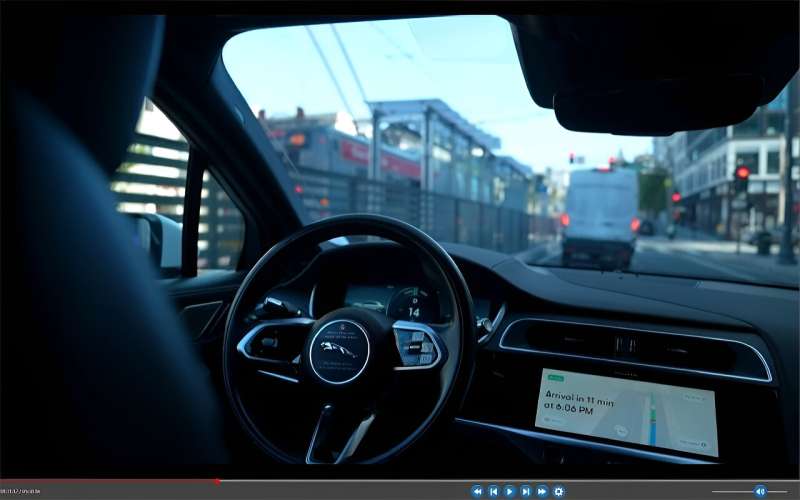
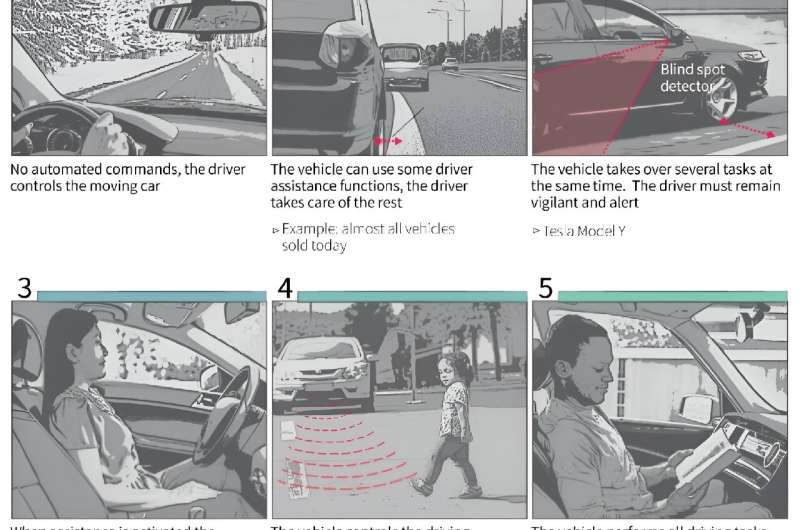
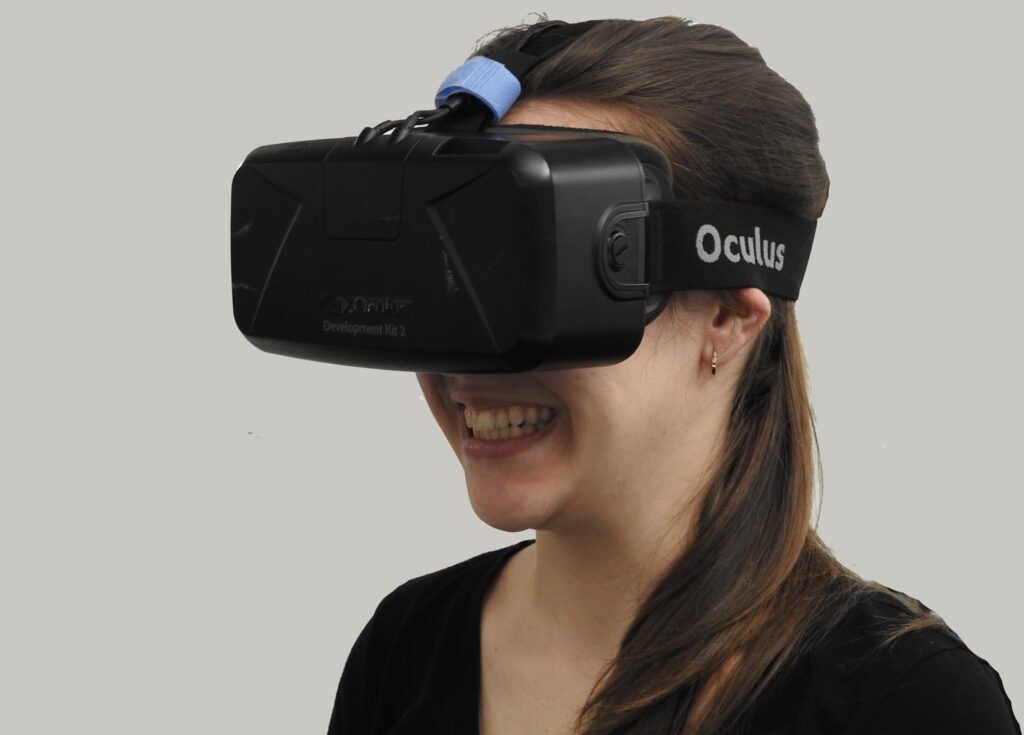



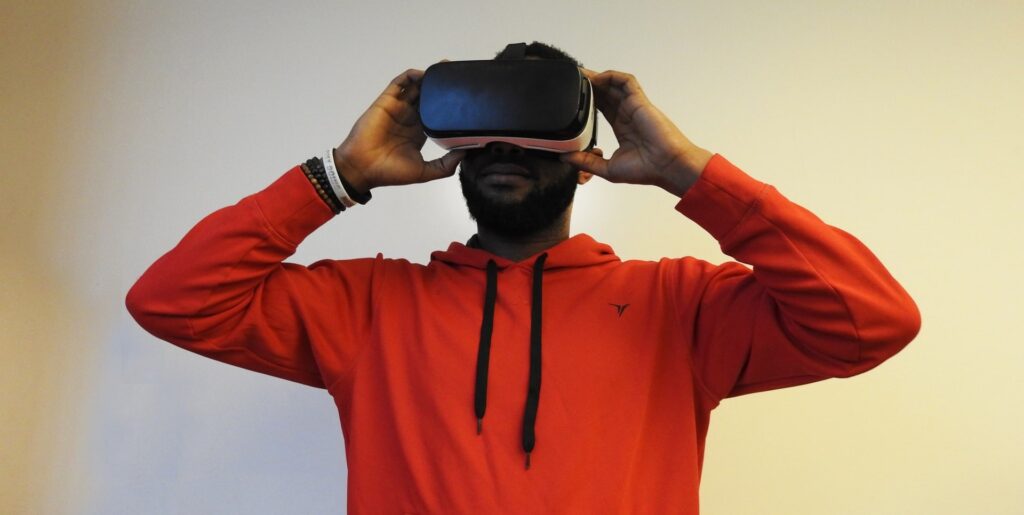





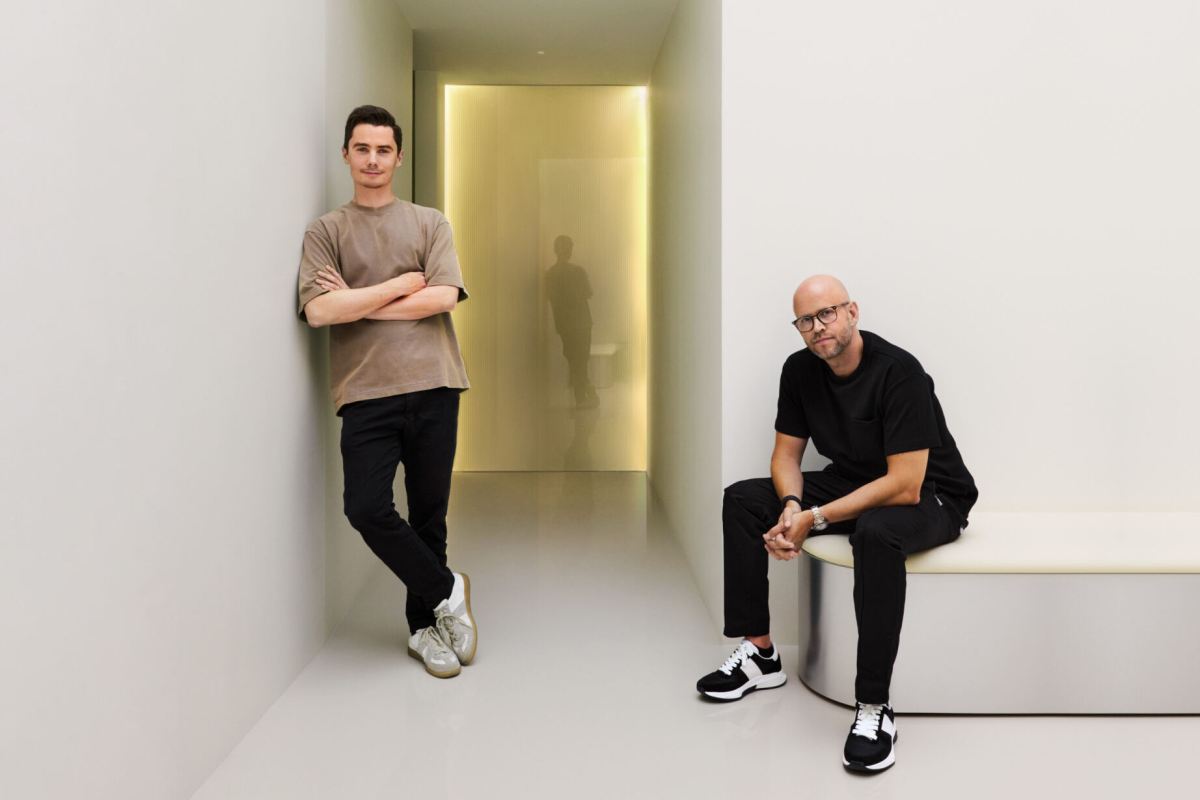


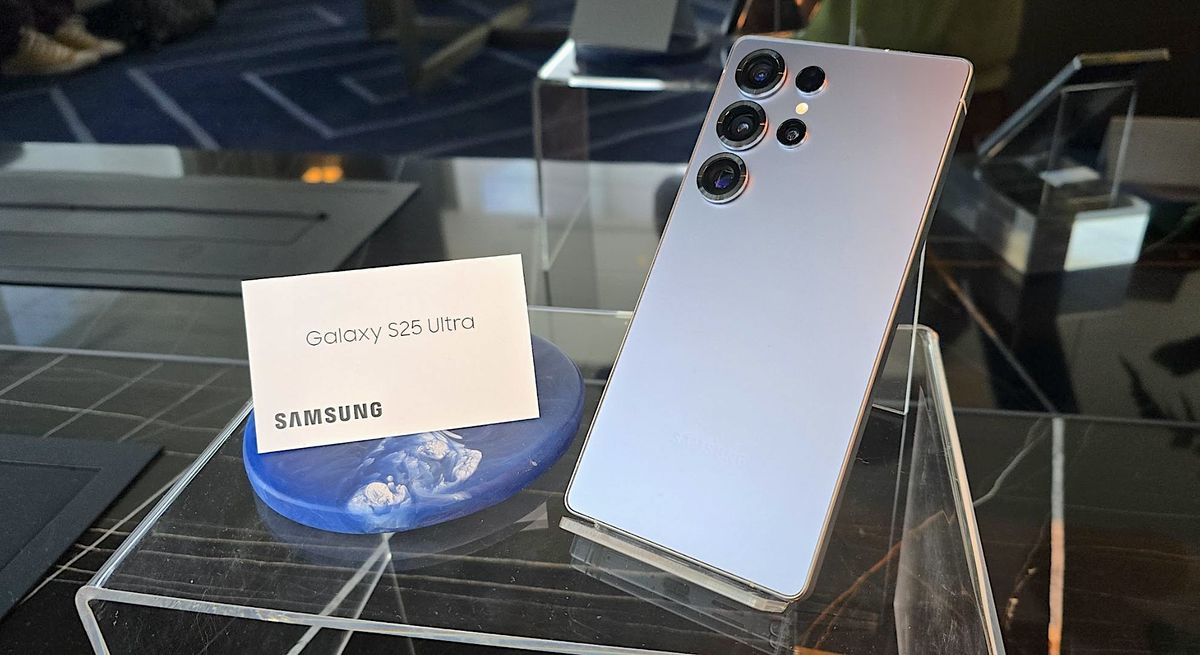

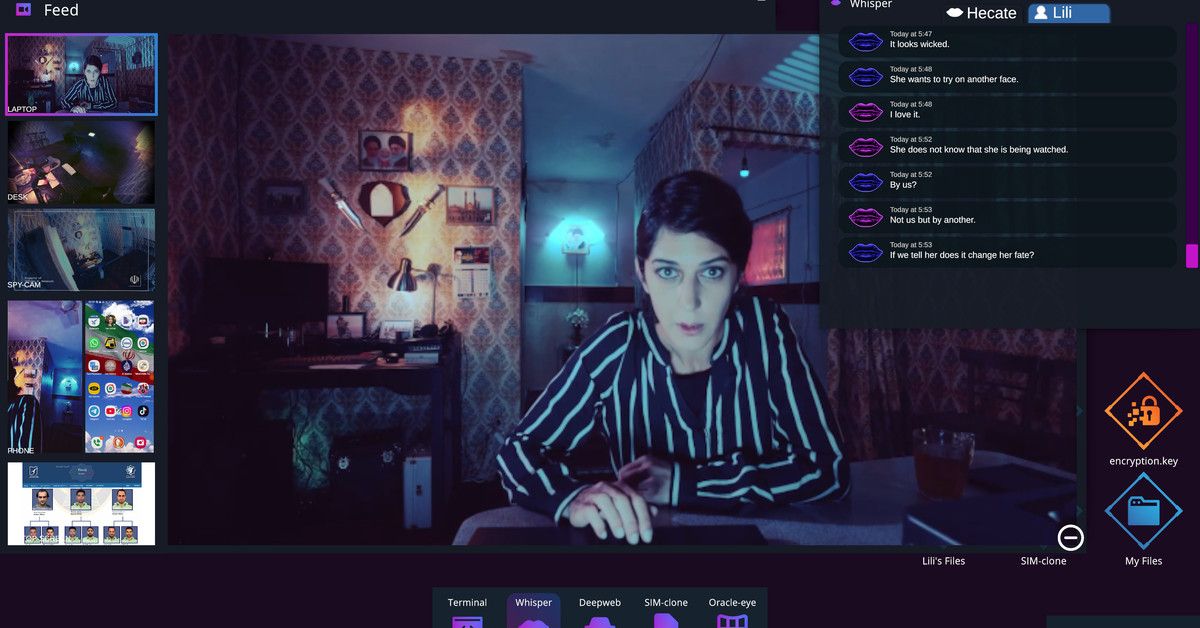
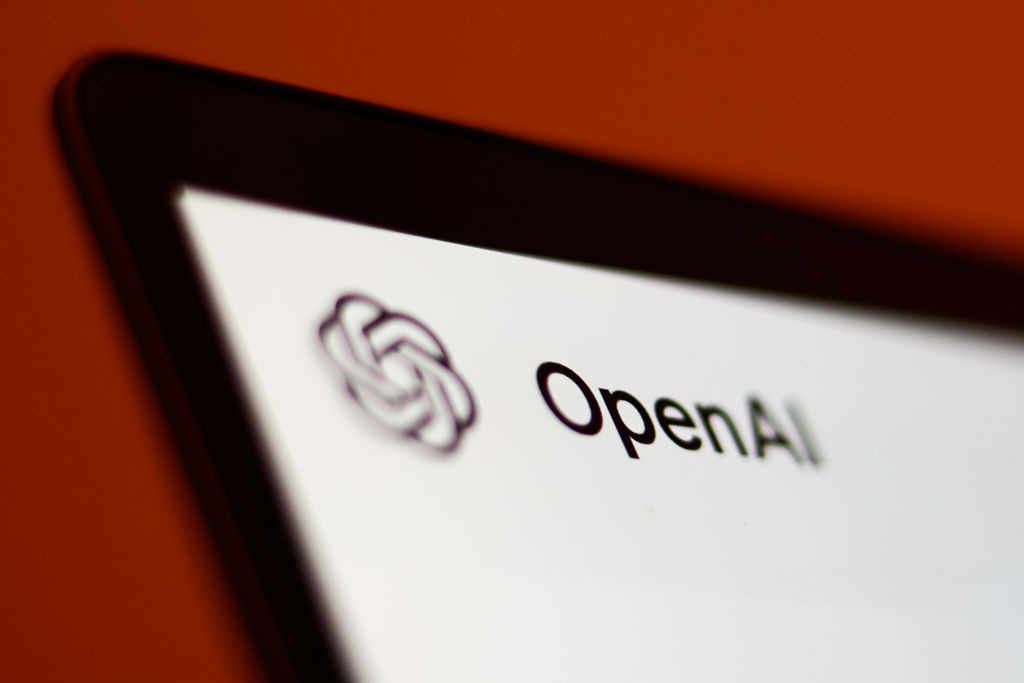
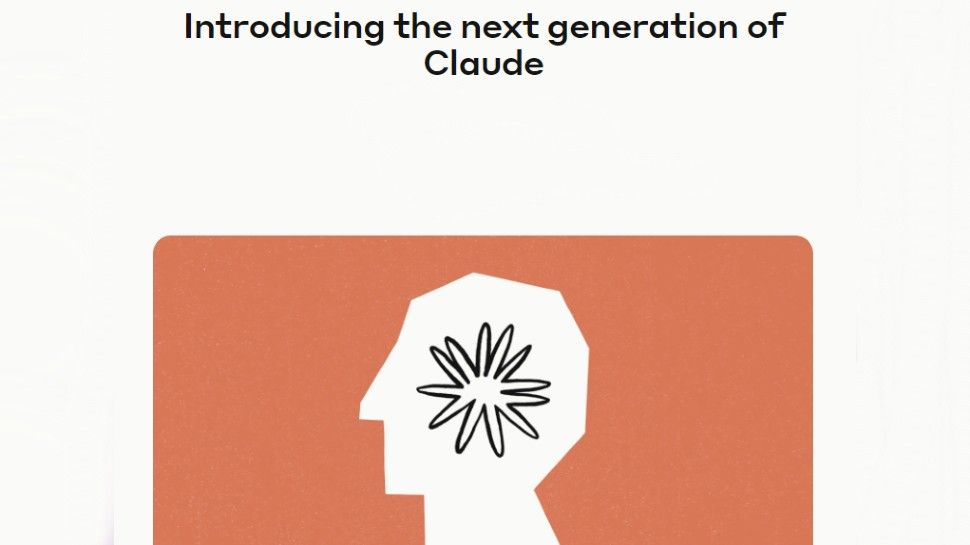
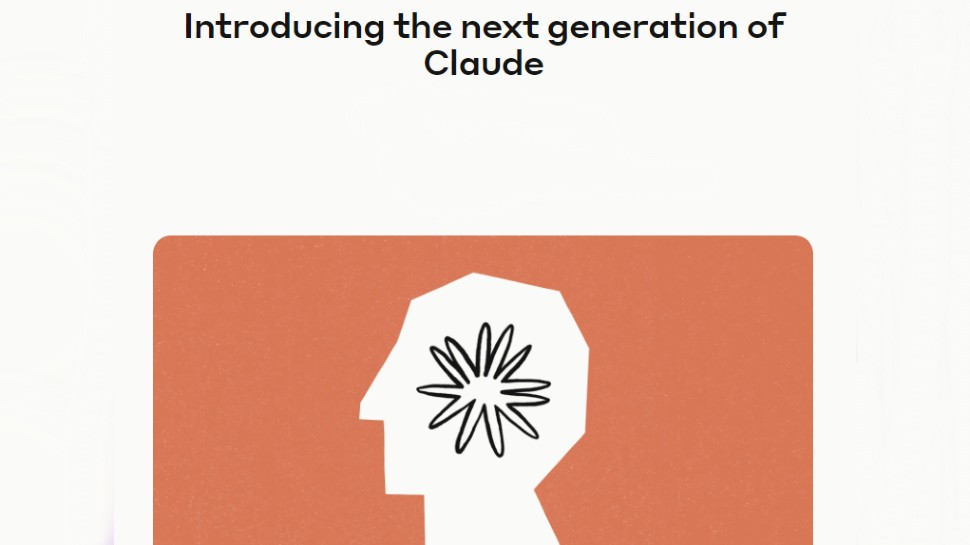
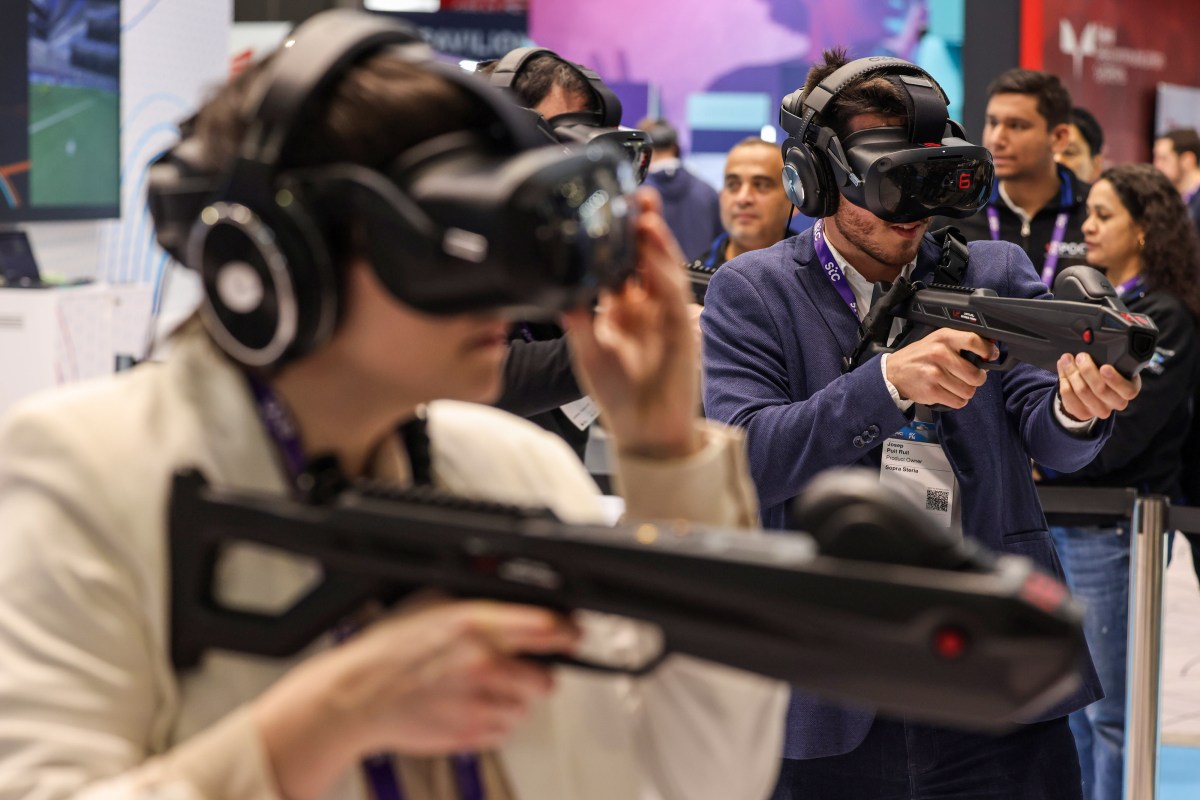

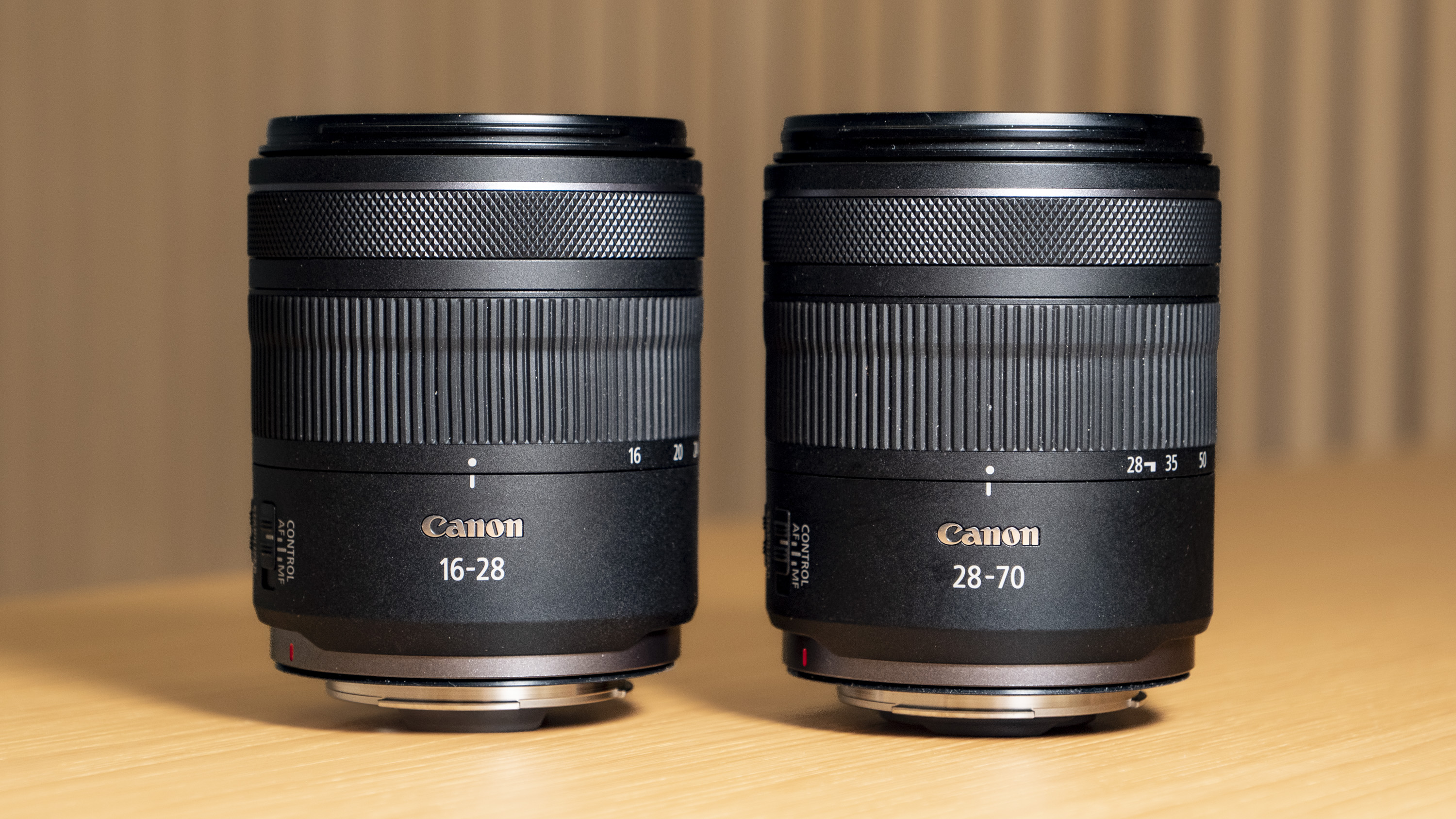



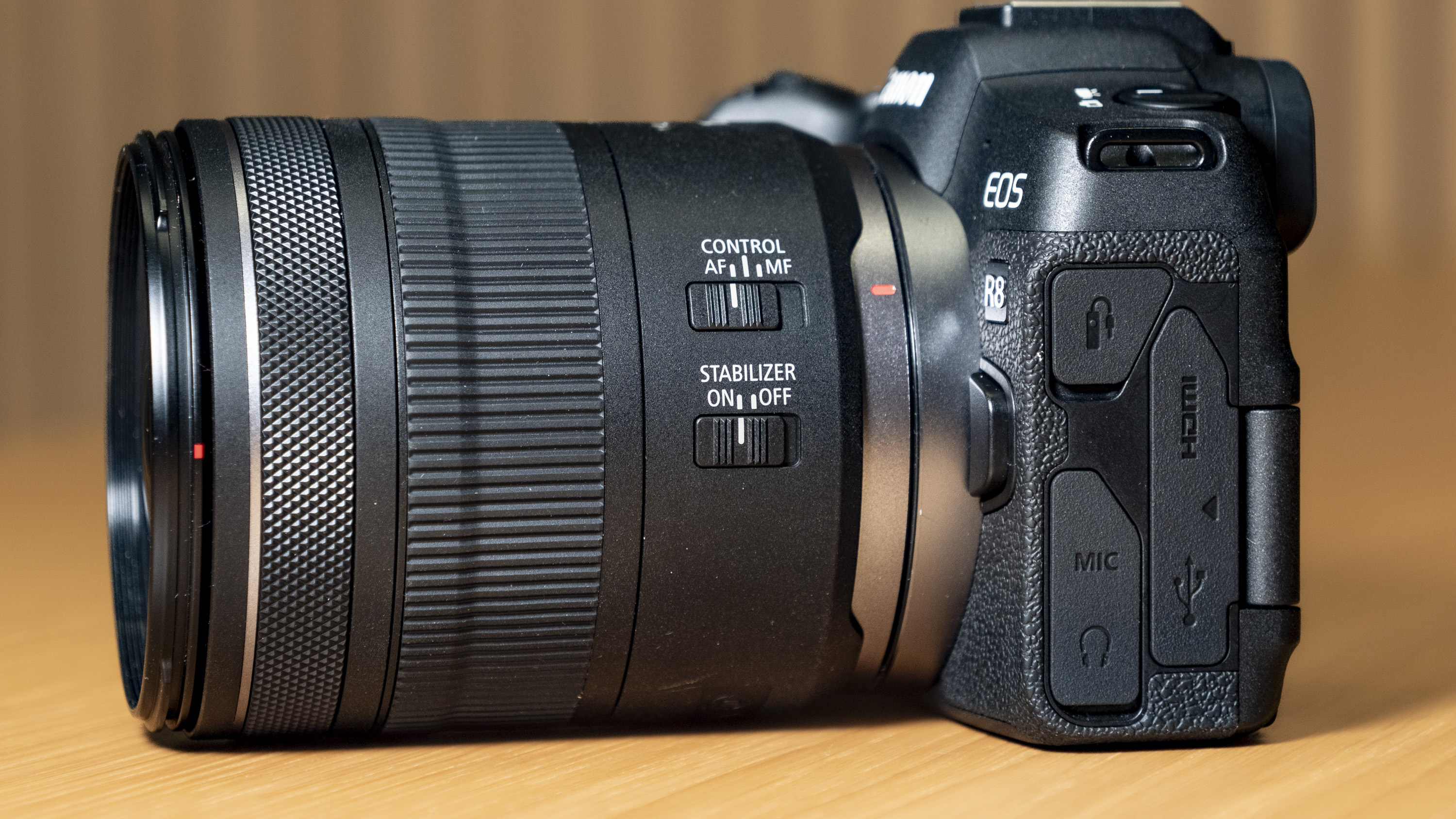

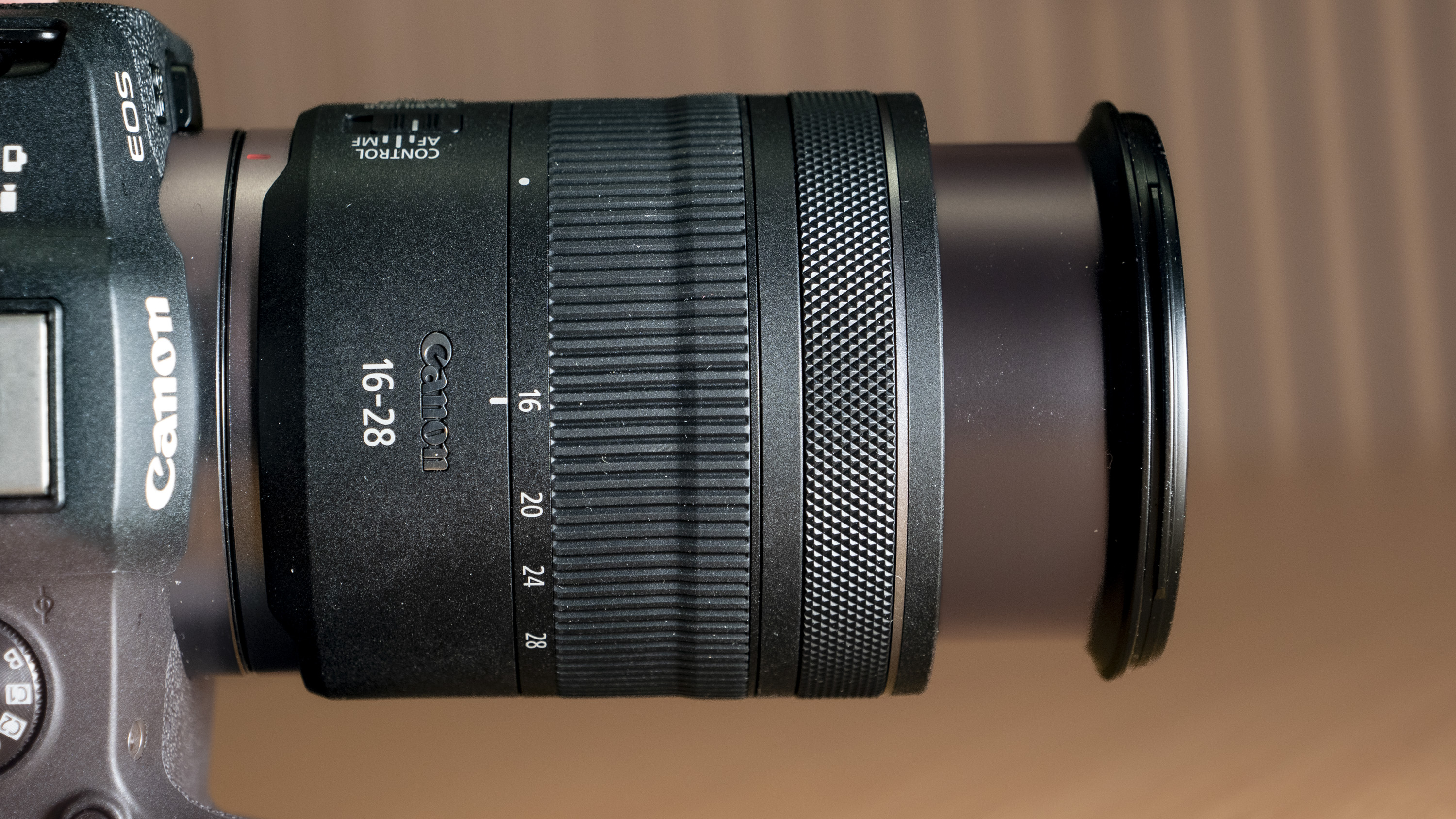




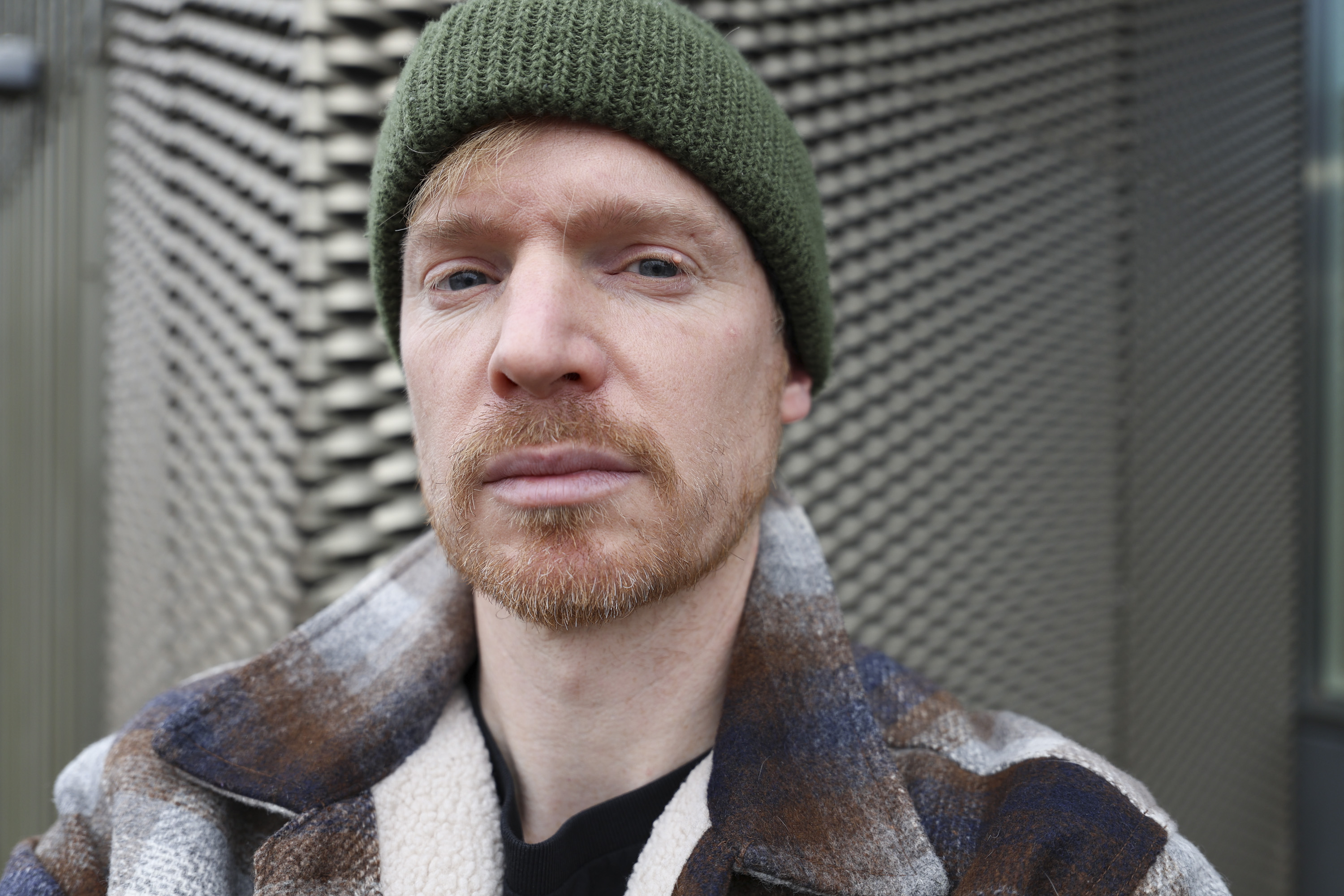


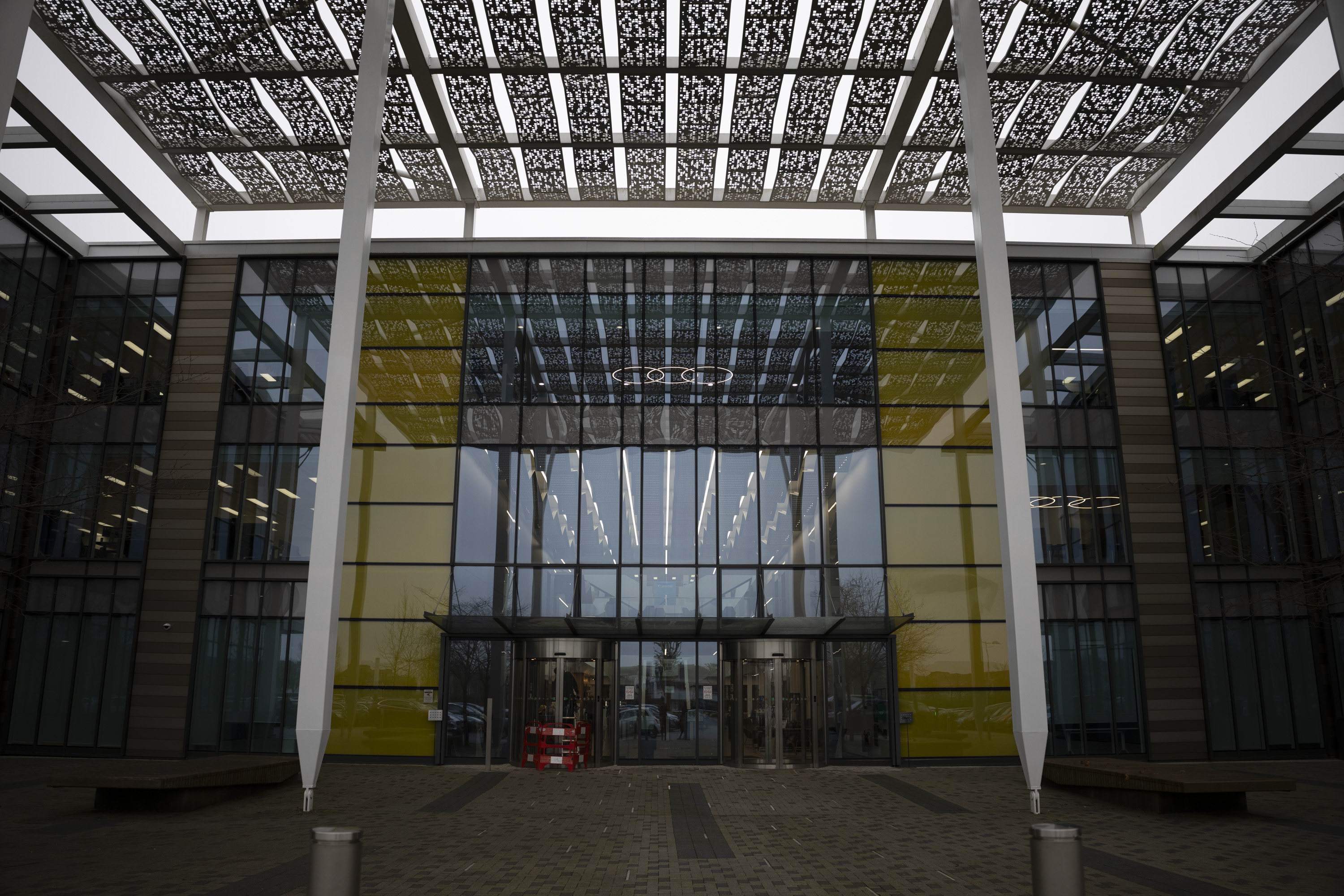
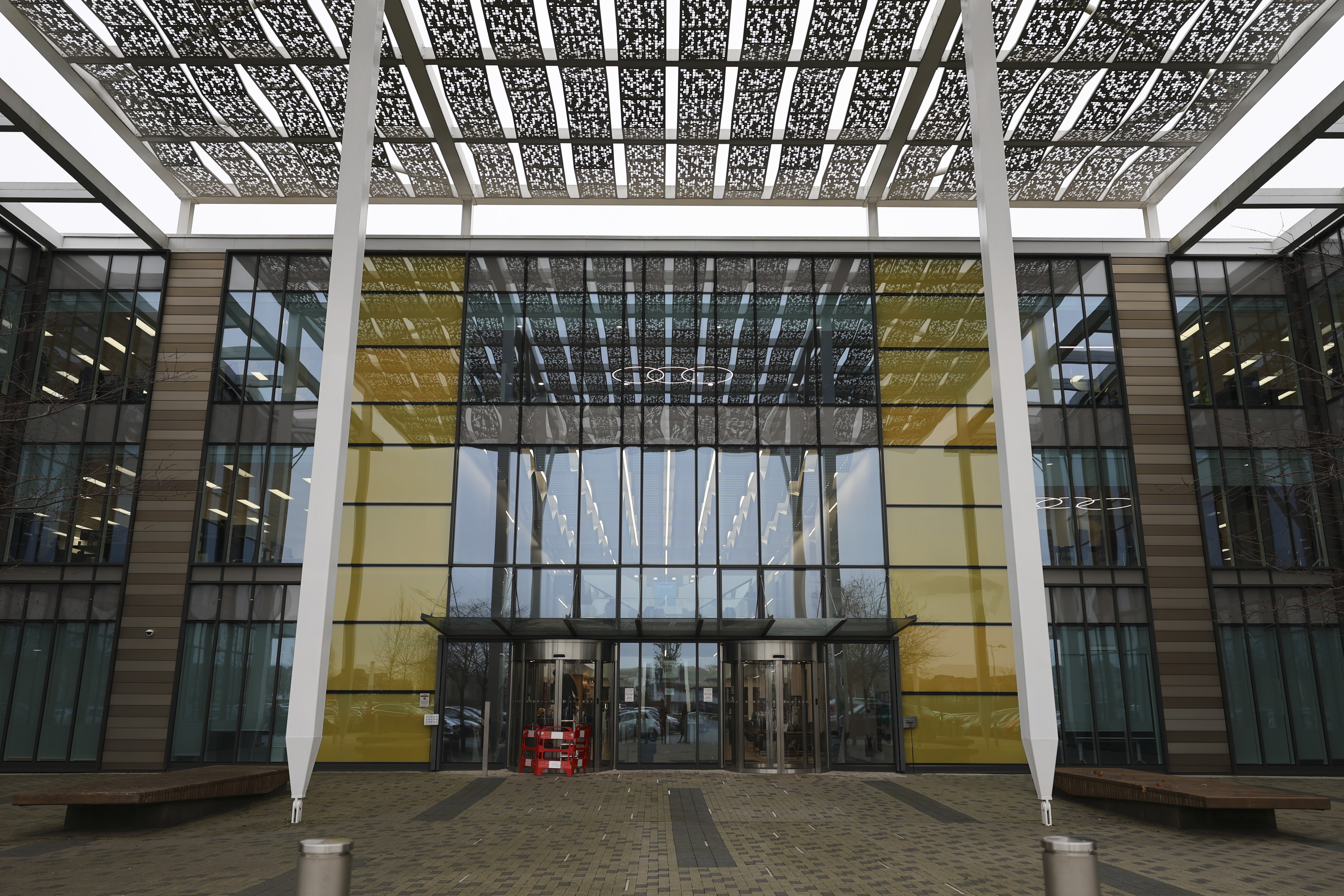

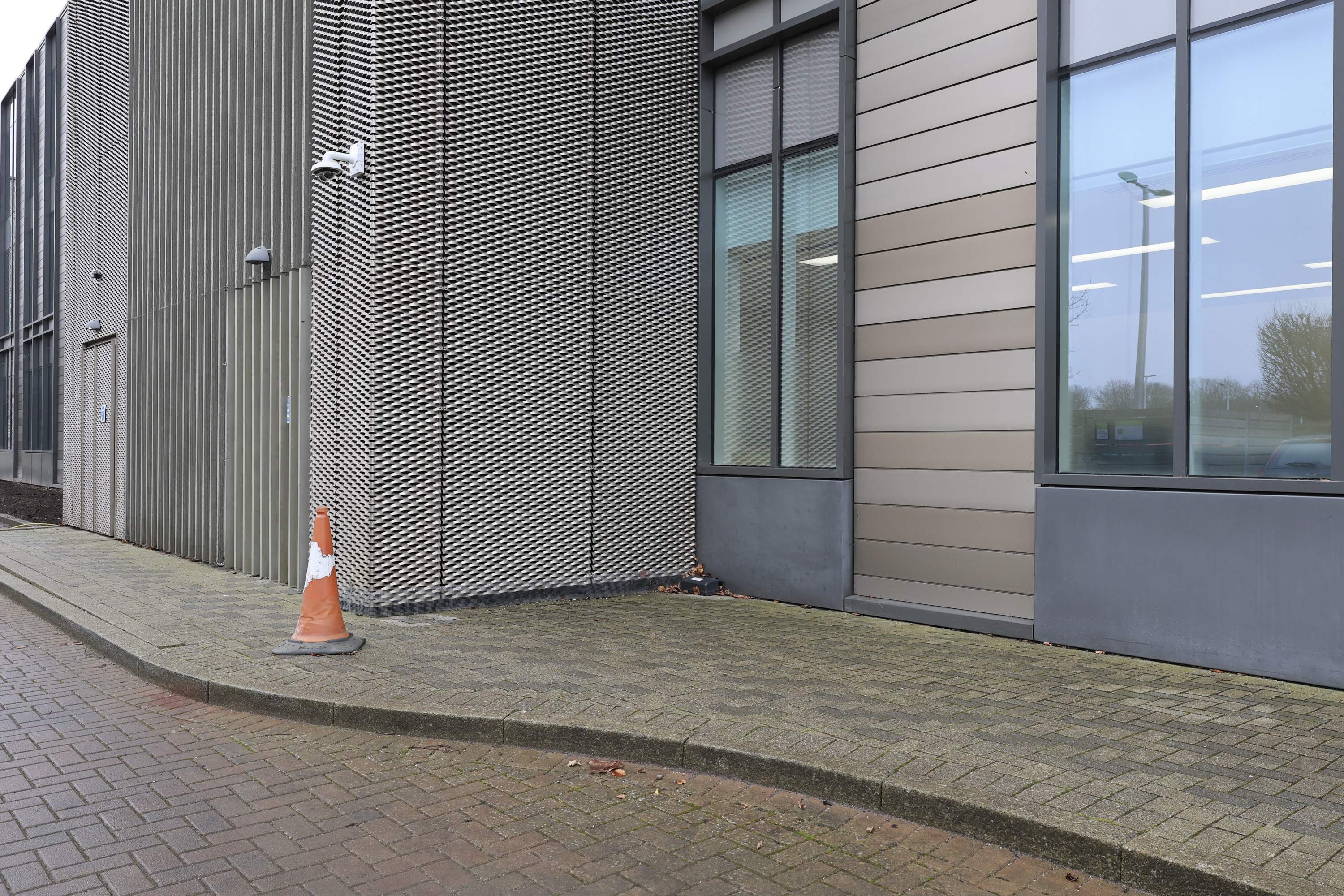

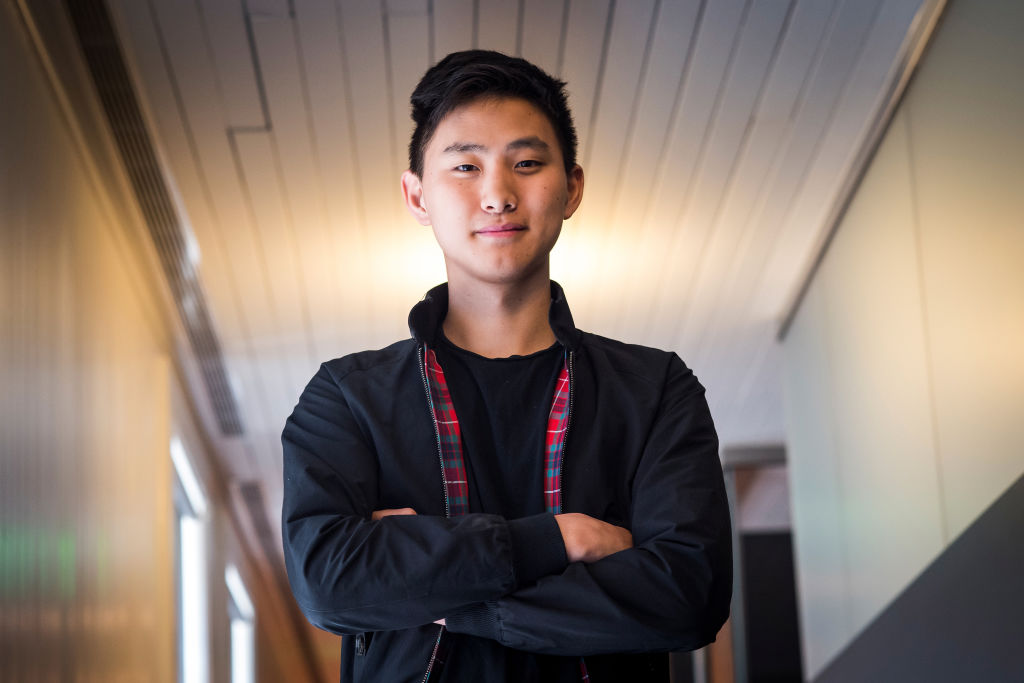













You must be logged in to post a comment Login